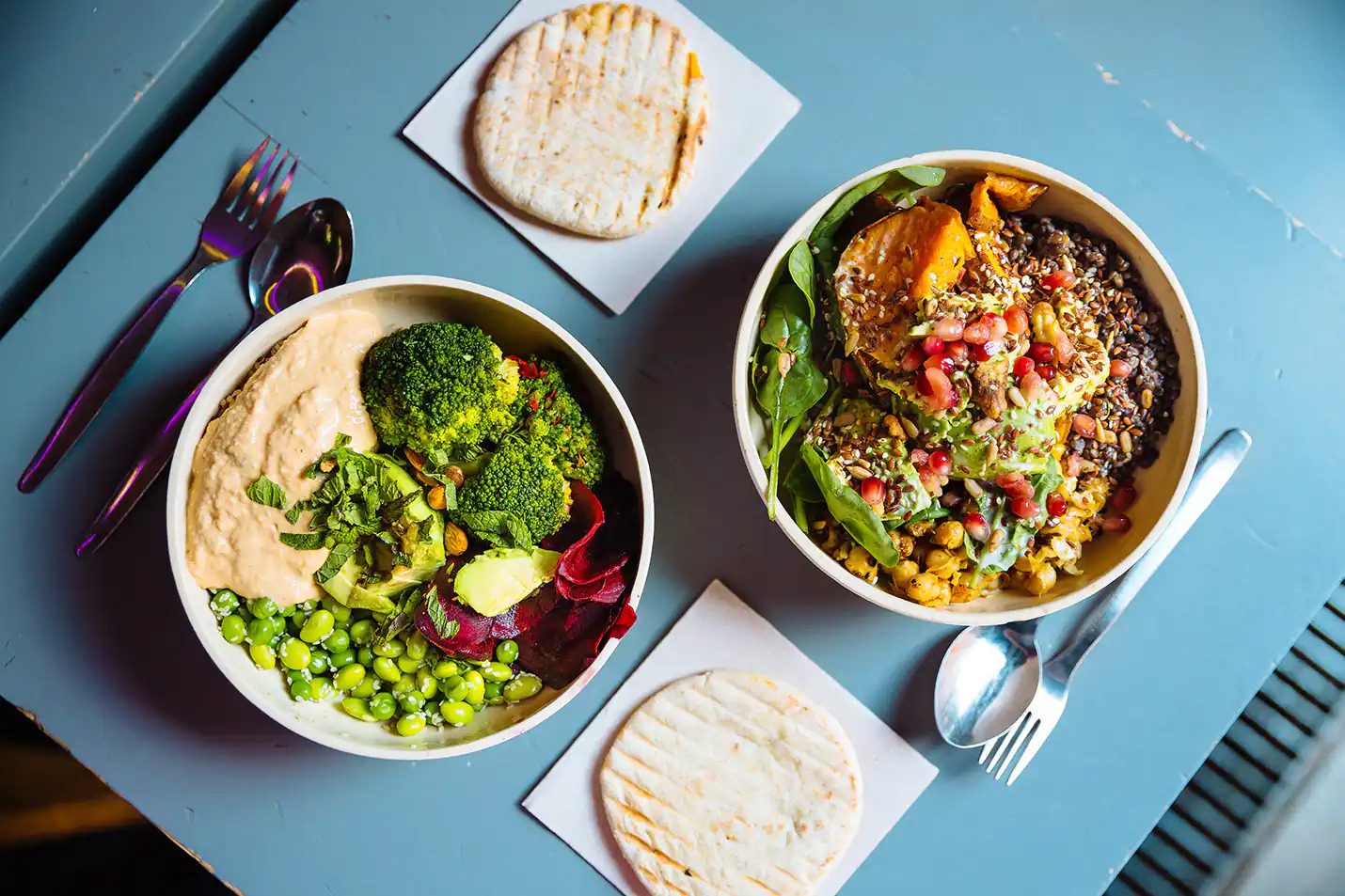Sustainable Food Companies in Dubai
Sustainable Food Companies in Dubai – Dubai, a bustling city known for its luxurious lifestyle and architectural marvels, is also making strides in sustainability. As the world shifts towards a more environmentally conscious approach, Dubai embraces sustainable practices in the food industry. In this article, we will delve into the realm of sustainable food companies in Dubai, focusing on a notable example called Soul Sante. Join us on this journey as we explore how these companies are redefining the concept of sustainable food in the UAE.
List of Sustainable Food Companies in Dubai
Dubai is home to several innovative companies prioritizing sustainability in their operations and product offerings. These companies go beyond traditional food production and aim to impact the environment and local communities positively. Let’s take a closer look at some of Dubai’s leading sustainable food companies.
Soul Sante: Cultivating Conscious Cuisine
Soul Sante is an excellent sustainable food company in Dubai specializing in conscious cuisine. They offer a range of organic, plant-based, and gluten-free food options, making it a go-to destination for health-conscious individuals. Their commitment to sustainable practices extends beyond their menu. They prioritize sourcing local and organic ingredients, reducing food waste, and promoting eco-friendly packaging alternatives.

Green Goodness Co.: Nurturing Health and Sustainability
Green Goodness Co. is a prominent sustainable food company in Dubai focusing on nurturing health and sustainability. They specialize in cold-pressed juices, smoothies, and plant-based meals. With a commitment to organic farming and minimal processing, Green Goodness Co. ensures that its products are nutritious and sustainable. They actively support local farmers and reduce their carbon footprint through responsible sourcing.
NRTC Fresh: Bringing Farm-Fresh Delights
NRTC Fresh is a sustainable food company in Dubai that brings farm-fresh delights to the city’s residents. They work closely with local farmers to offer a wide range of fresh fruits, vegetables, and herbs. NRTC Fresh reduces carbon emissions associated with food transportation by eliminating intermediaries and reducing transportation distances. They also prioritize sustainable packaging and waste management practices.
Bounty Beets: Farm-to-Table Sustainability
Bounty Beets is a farm-to-table restaurant in Dubai that exemplifies sustainable practices. They emphasize locally sourced ingredients and prioritize organic farming methods. Their menu features a delectable fusion of international and Middle Eastern flavors, catering to diverse palates while ensuring sustainability. Bounty Beets actively engages with the community through educational programs on sustainable living.
Wild & The Moon: A Gourmet Experience for Sustainability
Wild & The Moon is a sustainable gourmet food company in Dubai that promotes a healthy and eco-friendly lifestyle. They offer a variety of plant-based meals, cold-pressed juices, and detox programs. Wild & The Moon ensures a positive environmental impact by sourcing ingredients ethically and minimizing waste. They also advocate for sustainable farming practices and fair trade principles.
Ripe Organic: Pioneering Organic Farming
Ripe Organic is a pioneer in organic farming and a trusted name in the sustainable food industry in Dubai. They follow stringent organic farming practices, ensuring their products are free from harmful pesticides and chemicals. Ripe Organic operates a farmer’s market that connects consumers directly with local farmers, fostering community engagement and supporting sustainable agriculture.
Conclusion
Dubai’s sustainable food companies, including Soul Sante, drive positive change in the region’s food industry. These companies prioritize eco-friendly practices, support local communities, and offer delectable and nutritious food options. By embracing sustainability, Dubai is paving the way for a greener future. As consumers, we have the power to support these initiatives by making conscious choices and opting for sustainable food options. Let’s join hands in creating a more sustainable and healthier world, one bite at a time.
FAQs about Sustainable Food Companies in Dubai
Question 1. What does sustainable food mean?
Answer 1. Sustainable food refers to production and consumption practices prioritizing environmental, social, and economic responsibility. It involves minimizing negative impacts on the environment, promoting ethical treatment of animals, supporting local communities, and ensuring the long-term viability of food systems.
Question 2. Why is sustainable food important?
Answer 2. Sustainable food is crucial for mitigating the environmental impacts of food production, reducing carbon emissions, preserving natural resources, and supporting local economies. It also promotes healthier diets and fosters a connection between consumers and their food.
Question 3. How do sustainable food companies contribute to a greener future?
Answer 3. Sustainable food companies prioritize eco-friendly practices, such as organic farming, responsible sourcing, waste reduction, and packaging innovations. Adopting these practices minimizes their environmental footprint and inspires positive change within the food industry.
Question 4. What are some sustainable food certifications?
Answer 4. Sustainable food certifications include organic credentials, Fair Trade certifications, Marine Stewardship Council (MSC) certifications for seafood, and certifications for animal welfare, such as the Certified Humane label.
Question 5. Can sustainable food be affordable?
Answer 5. Sustainable food can be cheap, especially considering its long-term benefits. By supporting local farmers, reducing waste, and minimizing transportation distances, sustainable food companies can offer competitively priced products while maintaining their commitment to sustainability.
Question 6. How can individuals support sustainable food practices?
Answer 6. Individuals can support sustainable food practices by choosing locally sourced, organic, and plant-based options. They can also reduce food waste, use reusable packaging, and educate themselves about sustainable farming practices.



